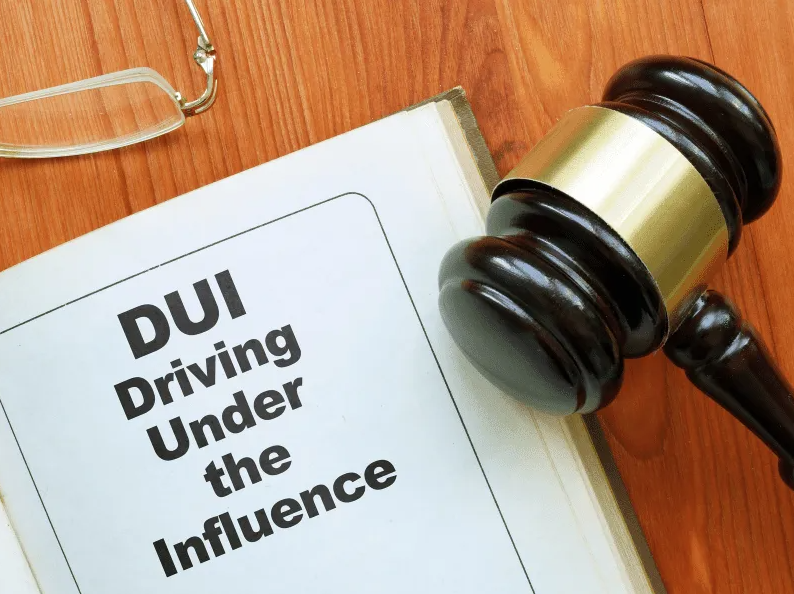How a Skilled Workers’ Compensation Lawyer Can Help Your Case
If you’ve been hurt or developed an illness because of your job, you may be entitled to workers’ compensation benefits. Unfortunately, it’s common for employers or their insurance companies to deny valid claims, forcing injured employees to wade through a complicated appeals system. Many workers either give up or try to handle the process on their own, often with disappointing results.

Insurance adjusters and company lawyers aren't on your side. Their goal is to save money, not ensure you get the care and support you need. Having a knowledgeable workers’ compensation attorney in your corner can dramatically improve your chances of success. A lawyer can handle communication with the insurer, gather evidence, negotiate for a fair settlement, and represent you at hearings.
Here are the key ways an experienced attorney can help:
Building Strong Medical and Vocational Evidence
The most common reason claims are denied is lack of medical proof. Even if your claim is approved, strong evidence ensures you receive full medical treatment and benefits. A lawyer can:
-Collect and organize your medical records
-Recommend or arrange treatment with appropriate doctors
-Obtain written medical opinions from your treating physicians or independent specialists
-Represent you during depositions, and question medical experts on your behalf
Beyond medical evidence, other supporting materials may include:
-Expert testimony about the physical demands of your job
-Statements from family or friends about how your injury affects daily life
-Documentation of unsafe workplace practices or poor training by your employer
A skilled attorney knows exactly which types of evidence will make your case most compelling.
Negotiating Fair Settlements
When it comes time to negotiate, lawyers have the experience to accurately value your claim by considering:
-The severity of your injury and long-term limitations
-Past and future medical costs
-The extent of any permanent disability
-Unpaid wage-loss benefits and possible penalties
-Your average weekly earnings before the injury
Insurance companies often use tactics like low initial offers or misleading “final offers.” A lawyer recognizes these strategies and pushes back to secure a better result.
Just as important, your attorney will draft the settlement properly to avoid future complications—for example, ensuring it doesn't reduce your Social Security disability benefits. They'll also account for ongoing medical needs so you aren't left paying out-of-pocket later.
Representing You in Hearings or Trials
If a settlement can't be reached, your case goes before a workers' compensation judge. During this stage, your lawyer may:
-Take depositions from witnesses
-Request and analyze medical records
-Draft motions, petitions, and responses
-Conduct legal research and build your case strategy
At the hearing, your attorney will present arguments, question witnesses, and challenge the insurance company's tactics. If the judge rules against you, your lawyer can guide you through the appeals process.
Exploring Third-Party Claims and Additional Benefits
Sometimes your injury may also give rise to a personal injury claim against someone other than your employer. For example, a negligent driver or defective equipment manufacturer. These claims may provide compensation beyond workers' comp, including pain and suffering damages.
Your lawyer can also advise you about other benefits you may qualify for, such as:
-Vocational rehabilitation
-Wage reimbursement
-Short- or long-term disability insurance
-State disability programs
-Social Security disability
Understanding Attorney Fees
Most workers' compensation lawyers work on contingency. This means no upfront payment is required; the lawyer only gets paid if you win. States usually cap fees at around 10% to 20% of your benefits, and many require a judge or review board to approve the fee arrangement.
When to Hire a Lawyer
If your case is straightforward and low value, you might not need representation. But hiring an attorney is crucial if:
-You lack strong medical evidence
-Your injuries are serious or long-lasting
-Your employer disputes your claim
-You’re unsure about a settlement offer
-Your claim has been denied and you need to appeal
If any of these apply, don't wait. Contact an experienced workers' compensation lawyer to protect your rights and maximize your benefits.




